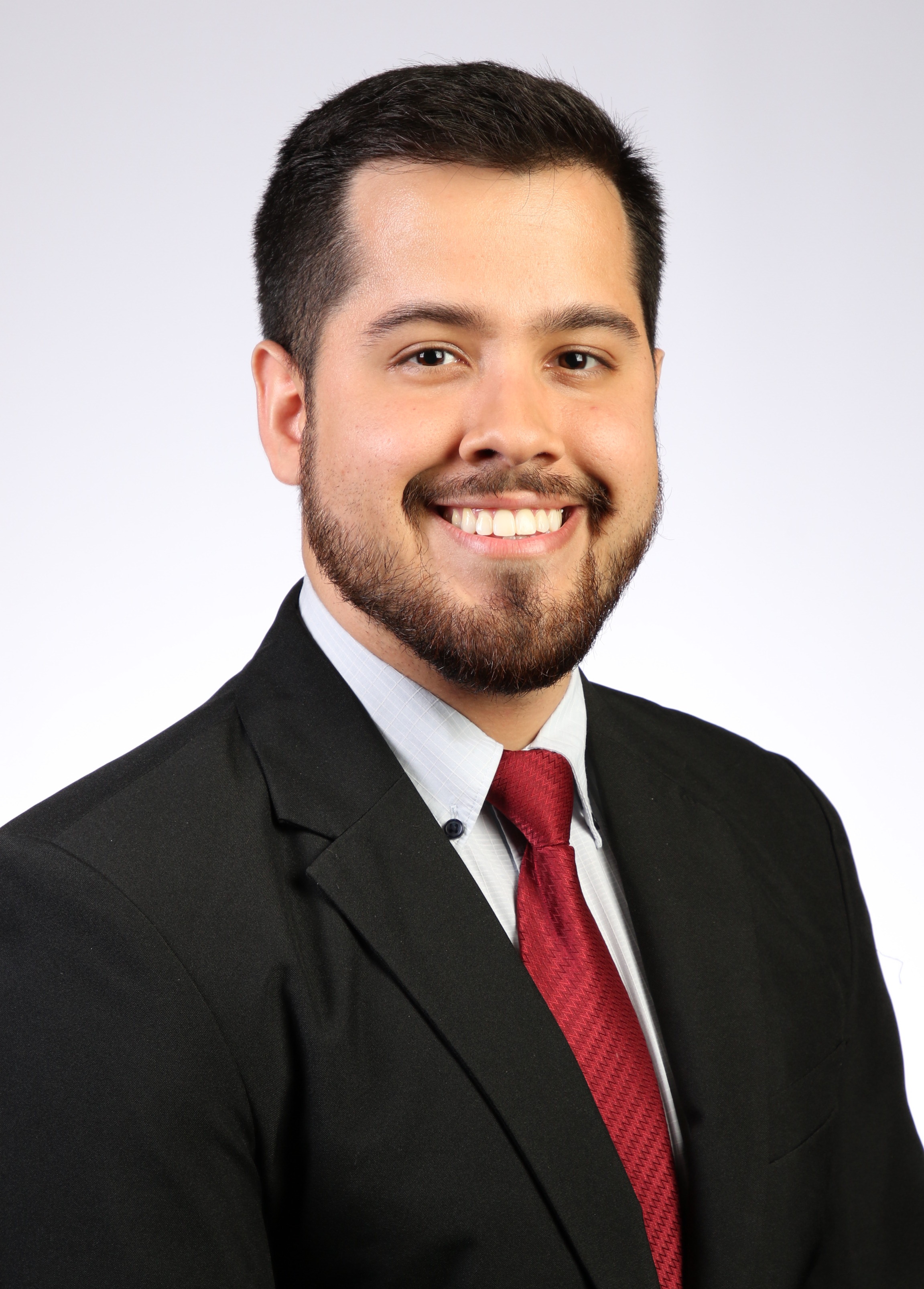
The AAHPM Next Gen Scholars for Equity in Hospice and Palliative Medicine program sponsors residents from underrepresented communities who are interested in hospice and palliative medicine (HPM). Research shows that providing culturally effective HPM services to marginalized communities can help address disparities. Additionally, studies indicate that healthcare outcomes and patient satisfaction improve significantly when physicians reflect the populations they serve. However, African American and Hispanic physicians make up less than 5% and 8% of hospice and palliative medicine fellows, respectively. To address this gap, AAHPM has developed this program to introduce and promote hospice and palliative medicine to a wider range of resident physicians.
AAHPM conducted interviews with our inaugural group of Next Generation Scholars, who joined the program in August 2023. We sought to gain insight into their motivations for applying and what they find fulfilling about being part of the Next Gen Scholars program.
What drew you to this opportunity?
Bruno: The program’s goal to cultivate leaders from diverse backgrounds in the palliative care field deeply resonated with me. As a first-generation Latino physician and Brazilian immigrant, I’m aware of the challenges and biases that can affect different parts of a medical career—from academic opportunities to patient care and professional relationships. By providing structured sponsorship for underrepresented minorities, the Next Gen Scholars program emerged as the ideal platform for advancing my dedication to health equity and culturally competent care.
What do you hope to gain from the program?
Bruno: I hope to gain fresh insights into addressing healthcare disparities, enhance my leadership skills, build effective career pathways, and strengthen my network within the palliative care field. I also hope to feel equipped to apply the knowledge acquired to successfully guide other trainees from underrepresented minorities, thereby continuing the cycle of support and encouragement.
What has been the biggest benefit to being a scholar in the program?
Bruno: Receiving mentorship from Dr. Tammie Quest, a renowned and visionary leader in palliative medicine. Dr. Quest has not only instilled in me the belief that it is possible to realize pioneering ideas but also provided strategic direction on how to effectively pursue these goals and foster a community with shared ideals. Supported by AAHPM, I had the opportunity last month to visit her in Atlanta for a mentor-mentee breakfast and tour around the Emory campus.
What is something you have accomplished already that you are really proud of?
Bruno: To have authored a Reflections piece recently accepted for publication in the official journal of the American Society for Transplantation and Cellular Therapy. This article delves into the importance of active listening and human connection in healthcare, emphasizing how physicians can strengthen therapeutic alliances by resonating with patients’ backgrounds, experiences, and interests, while underscoring the critical role of workforce diversity in enabling this resonance.
How do you see this program benefiting you in the future?
Bruno: The skills, experiences, and networks provided by the Next Gen Scholars program will empower me to advocate more effectively for policy changes that advance health equity. Connecting with a diverse group of peers and leaders in palliative medicine will broaden my perspectives, enhancing my ability to address complex issues in the field. This will drive my efforts to innovate and improve how supportive care is delivered, ensuring it meets the needs of all communities.
What’s your next goal you wish to accomplish?
Bruno: My next goal is to develop research aimed at enhancing supportive care delivery for patients with hematologic malignancies. I’m particularly interested in exploring the impact of early integration of interdisciplinary supportive care alongside standard oncologic treatment across different blood cancers.
The Next Gen Scholars for Equity in HPM program is now accepting applications, apply before July 1, 2024. Visit our webpage for more information.
